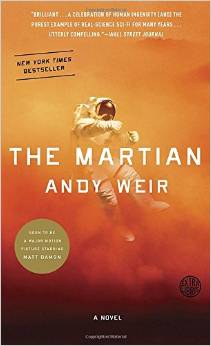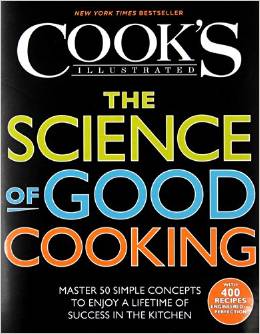Greetings there. Before you continue with the post, please hit the start button down below, read the passage and then hit the stop button when you are done. Or you could just hit "start", then "stop" and ignore this, whichever you want.
I hope that was some fun info on Milton Hershey. When you have time, look him up and read his story. So that was your WPM count right now. Mine came around the 340WPM mark, but that's after a few cups of coffee. Try that test when you first wake up and you're in for a treat. Reading is something that we do hundreds of times per day without noticing it and something that we take for granted nowadays. Just 200 years ago it wasn't exactly the most common skill to have. And now we read everything everywhere, without even noticing it, and we're sort of ok at it. And if it comes in 140 characters or less than even better.
We're expected to be able to read in order to function in normal society, but we're expected to read just enough. To read a street sign, or a menu, or the name of a restaurant. We read small snippets of text that we send each other and we read the titles of things. So in that sense we don't need to read quickly or efficiently at all. But just because we don't need to, doesn't mean that we shouldn't or that we can't.
Why You Should Read Faster
The average adult individual can read at a pace of 300 WPM while the average speed reader claims to be able to read about around 1,000 to 2,000 words per minute. Normally the slower you read, the more information you will retain. These speed readers for example average about a 50% comprehension rate, which is pretty lousy. So the trick is to find that sweet spot where you can read smoothly without stopping and then create a clear picture of what you've read.
The more you do it, the better you get at it. And it's not just about reading faster for bragging rights. It's more importantly about time. If you read 10 articles on the web per day and each one takes about 5 minutes to complete, then to finish at 300WPM you'll have spent 50 minutes reading for that day. But what if you could read at 600WPM or even 900WPM. You can take those 50 minutes per day down to 16 minutes. It may not seem like much, but in a work week that's a good 3 hours saved for other things. In a month that's 12 hours, and in a year that's 144 hours saved, by just improving this one skill. And that's just for one person. If 1,000 people improved their reading speed by that same amount, that''s 144,000 hours saved in one year, and that's meaningful.
Read Everyday
The world is a distracting place. A very very distracting place. You have videos popping up left and right, and pictures going viral, and more videos to watch right after and sometimes there's no room for reading in that list. And when you do find something interesting to read online, then get ready for that full page ad that pops up with the close button hidden somewhere offscreen. But it is super important for maintaining a clearer mind and a healthier mind. And also, it's how we learn things and how we've been learning things for thousands of years. Reading is like going to the gym for your brain. Spend 4 hours reading and I guarantee you will be tired.
When I say read everyday, I don't mean read books exactly. Just read anything that will require more than 20 seconds. Read news stories online, or a magazine, or manga or write something and then read it after for that matter. Just read more than a video description like I too am guilty of. There's absolutely nothing wrong with watching an interesting video or two every now and then, but the more time I spend online the more I notice that this is the only thing people are doing for hours and hours per day. It was estimated that people spent 25 billion hours last year watching YouTube. And about the same amount of time went into playing Call of Duty. I wish that reading had more statistics like these.
Some Good Reads
This is what I've been reading during the past few weeks. It's definitely very varied and I don't read them in their entirety per day. I'll take 30 minutes to an hour and read a few chapters. And to not get bored, I jump around per day to different titles.

The Martian

The Black Mirror

Tokyo Ghoul

Cognitive Cooking
With Chef Watson

The Science of Good Cooking

Batman: Hush
Wikipedia - Read the Wikipedia homepage everyday. Each day they have a featured article on the homepage and whether it's relevant to anything in your life or not, it's just good info to help expand your mind and to help you gather some good old extra knowledge that you can drop on people at dinner parties.
Even if you can only read at 200WPM or 100WPM even, read and read often. It seems like it' a dying skill nowadays. Even news articles online seem to be replacing text with images and videos. Go to your favorite tech blog right now and you'll probably get one paragraph per article at best. There is no reason why everyone wouldn't be able to read at 900WPM sometime in the future, and why we can't gain back some of those 25 Billion hours lost to random videos.
Walter Guevara is a Computer Scientist, software engineer, startup founder and previous mentor for a coding bootcamp. He has been creating software for the past 20 years.
Last updated on:
Have a question on this article?
You can leave me a question on this particular article (or any other really).
Ask a question